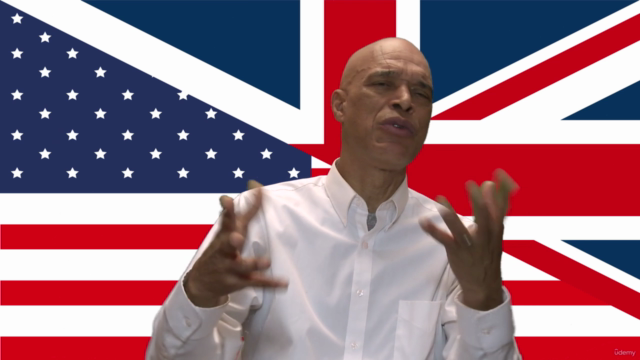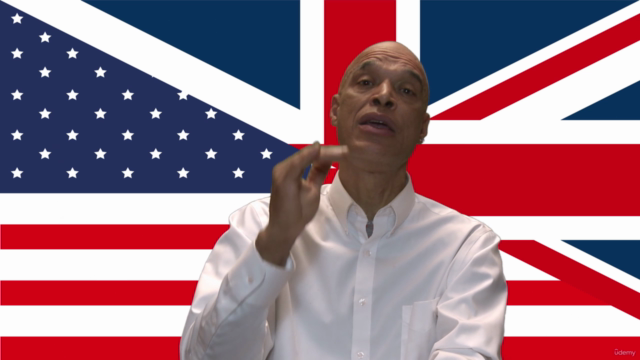English for you - Intensive course for fast learning

Why take this course?
¡Hola! It seems like you've outlined a comprehensive curriculum for learning English, covering a range of topics from greetings and family to food, time, and expressions of certainty or ability. This curriculum appears to be designed for an English language learners' course, with each unit containing several lessons that build on each other.
Here's a brief overview of the topics you've listed:
-
Unit 5 - Finding a Home
- Present progressive for ongoing actions (e.g., "I am looking for a house")
- Interrogative forms for modal verbs like must, dare, can, and have (e.g., "Don't you think you should call?")
- Irregular plurals (e.g., "I've got two driving licenses")
- The interrogative form of "have" with "do" (e.g., "Do you have an appointment?")
- Expressing needs (e.g., "Hector needs a garden")
-
Unit 6 - Social Situations
- Formal greetings and short answers (e.g., "How do you do?" and responses like "How do you do?" or "I'm fine, thank you.")
- Possessive case to show ownership (e.g., "Naomi’s cat is beautiful")
- Pronouns and verbs in the present simple for actions with no time reference or habitual actions (e.g., "It's hers")
- Family terms and expressing marital status (e.g., "the in-laws")
-
Unit 7 - Speaking and Imperatives
- Exclamation for emphasis (e.g., "Sheila Krieg speaking!")
- Imperative form to give commands or requests (e.g., "Let's go to a coffee shop")
- Present continuous for future arrangements or plans (e.g., "What about you? Are you coming tomorrow?")
- Future with "going to" and phrasal verbs (e.g., "It's going to rain")
-
Unit 8 - Decisions and Contrasts
- Modal 'had better' for advice or recommendation (e.g., "You had better take an umbrella.")
- Relative pronouns and adverbs of frequency (e.g., "The bike I bought was not expensive; I have bought it last month.")
- Irregular verbs in different tenses (e.g., "We were watching a movie when the phone rang.")
- Comparative for comparing two things (e.g., "They have more children than we do.")
-
Unit 9 - Desires and Conditions
- Past simple and suffixless imperatives to express desires (e.g., "I would like to move out of New York.")
- Conditional for hypothetical situations (e.g., "If I ate too much, I'd feel sick.")
- If clauses with different conditions (e.g., "I'm sure she will love it if she tries it.")
-
Unit 10 - Time and Expressing Experience
- Telling time and using prepositions like "since," "for," and "ago" (e.g., "I arrived at the bus stop 20 minutes ago.")
- Question tags for politeness and confirmation (e.g., "You don't think it's going to rain, do you?")
- Indefinite pronouns like "some," "any," "every," and "each" (e.g., "Is there any milk left in the fridge?")
- Expressing intensity or physical sensations (e.g., "I'm dying of thirst.")
This curriculum seems to be well-rounded, covering both practical communication skills and grammatical structures essential for learning English as a second language. It's designed to progressively challenge learners with increasingly complex topics and language functions.
Course Gallery




Loading charts...